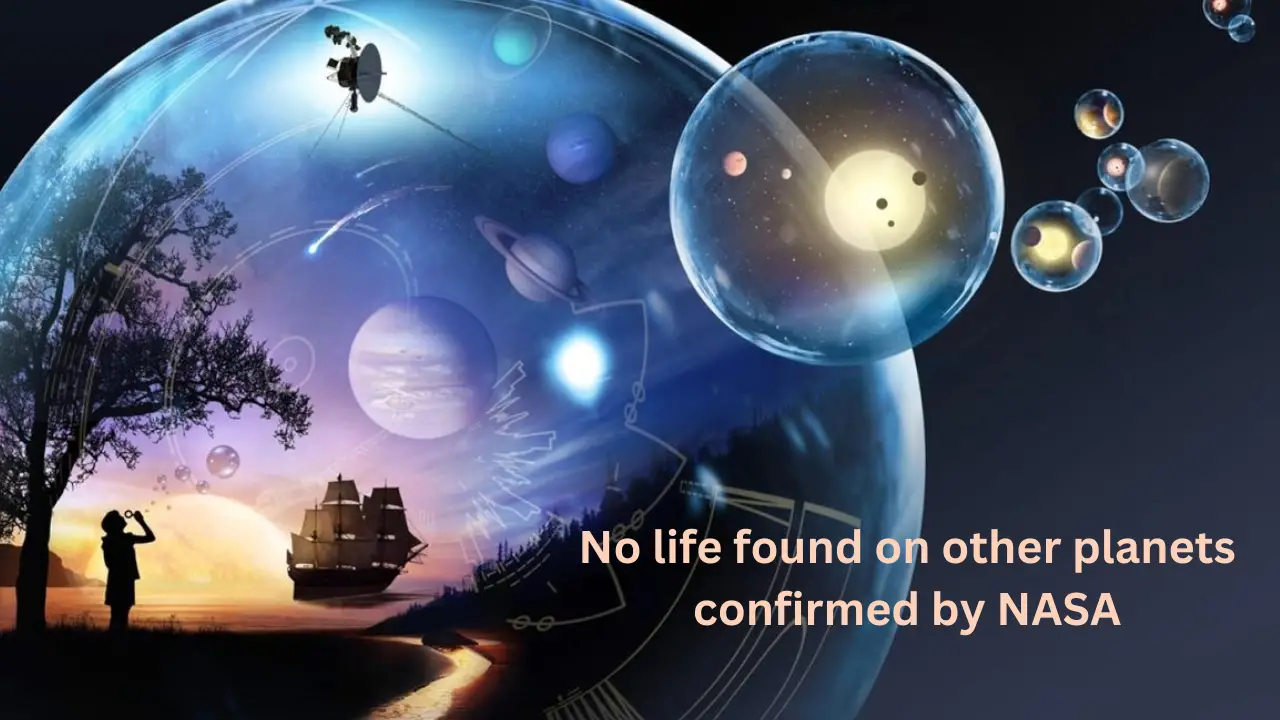With its cutting-edge capabilities, the James Webb Space Telescope has provided encouraging but not yet conclusive evidence about the existence of life on an exoplanet. Through compositional analysis, the telescope has identified fascinating concentrations of dimethyl sulfide, methane, and water—three essential components that may sustain life as we know it on the exoplanet K2-18 b. The scientific community is quite interested in these findings, which is encouraging more investigation and study into the potential of extraterrestrial life. It’s crucial to remember that, despite their strong indications, these findings do not offer concrete evidence for the presence of extraterrestrial life. The search is still ongoing to solve the universe’s riddles and learn the truth about extraterrestrial life.
A Robust Debate in the Scientific Community
Within the scientific community, there has been an intense and continuous debate since the Webb telescope made the ground-breaking observations of K2-18 b, an exoplanet that is situated in its star’s habitable zone. “Have we just discovered aliens?” is the title of a recent piece in The Spectator that explores the intriguing prospect that the James Webb Space Telescope may have found convincing evidence of extraterrestrial life. The conversation over extraterrestrial life has only become more heated as a result of this discovery.
Renowned astrophysicist Rebecca Smethurst has teased the public with much anticipation about the publication of a research paper that will soon provide strong evidence for the presence of a biosignature on an exoplanet. This possible discovery highlights the JWST’s amazing potential as well as the significant implications it bears for our comprehension of the cosmos.
Astronomers and scientists are awaiting more data and analysis from the JWST’s ongoing mission with increasing excitement with each day that goes by. It appears like the options are as limitless as the universe.
Potential Discovery of Alien Life
Tim Peake, a British astronaut who is well-known for his knowledge of space travel and his outstanding contributions to the subject, has also offered his opinion. He proposed that the James Webb telescope, the most sophisticated space observatory ever built, may have already made a ground-breaking discovery that could fundamentally alter our understanding of the universe: the possible existence of extraterrestrial life. This claim has aroused a great deal of interest and conjecture. The ramifications of this discovery are nothing short of extraordinary, even though the results have not yet been officially confirmed. They may have a significant impact on our efforts to solve the mysteries of the universe and our role within it.
Peake’s speech, which was spoken with amazement and joy, emphasizes even more how much excitement and anticipation there is for the JWST’s mission. With its cutting-edge capabilities and state-of-the-art technology, this groundbreaking space telescope is expected to reveal even more secrets to scientists and space fans who are eager to learn more about the vastness of space. We are on the verge of making discoveries that have the potential to fundamentally alter our view of the universe and our place in it, and the anticipation rises with every second that passes.
Need for More Data and New Instruments
In spite of the thrilling discoveries made by the James Webb Space Telescope (JWST), researchers concur that additional information, thorough examination, and potentially new equipment are required for a conclusive result. The process of looking for extraterrestrial life is intricate and exciting, taking into account many different aspects. It’s crucial to keep in mind that while the discovery of some gases or molecules on an exoplanet is encouraging, it can be challenging to distinguish between their biological and non-biological origins. As a result, scientists are still committed to carefully studying and evaluating the data that the JWST has collected, and they are excited for any new information that could contribute to our growing knowledge of extraterrestrial life.
In summary, even if the James Webb Space Telescope hasn’t yet discovered unquestionably convincing proof of extraterrestrial life, its findings have spurred an active discussion and moved us one step closer to finding the answer to the age-old question: Are we alone in the universe?
Source
![]()
